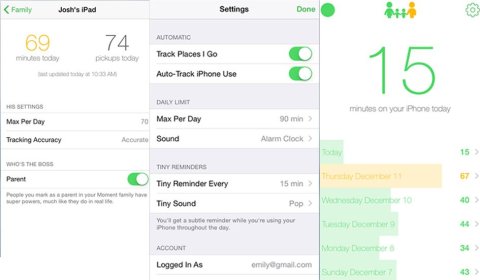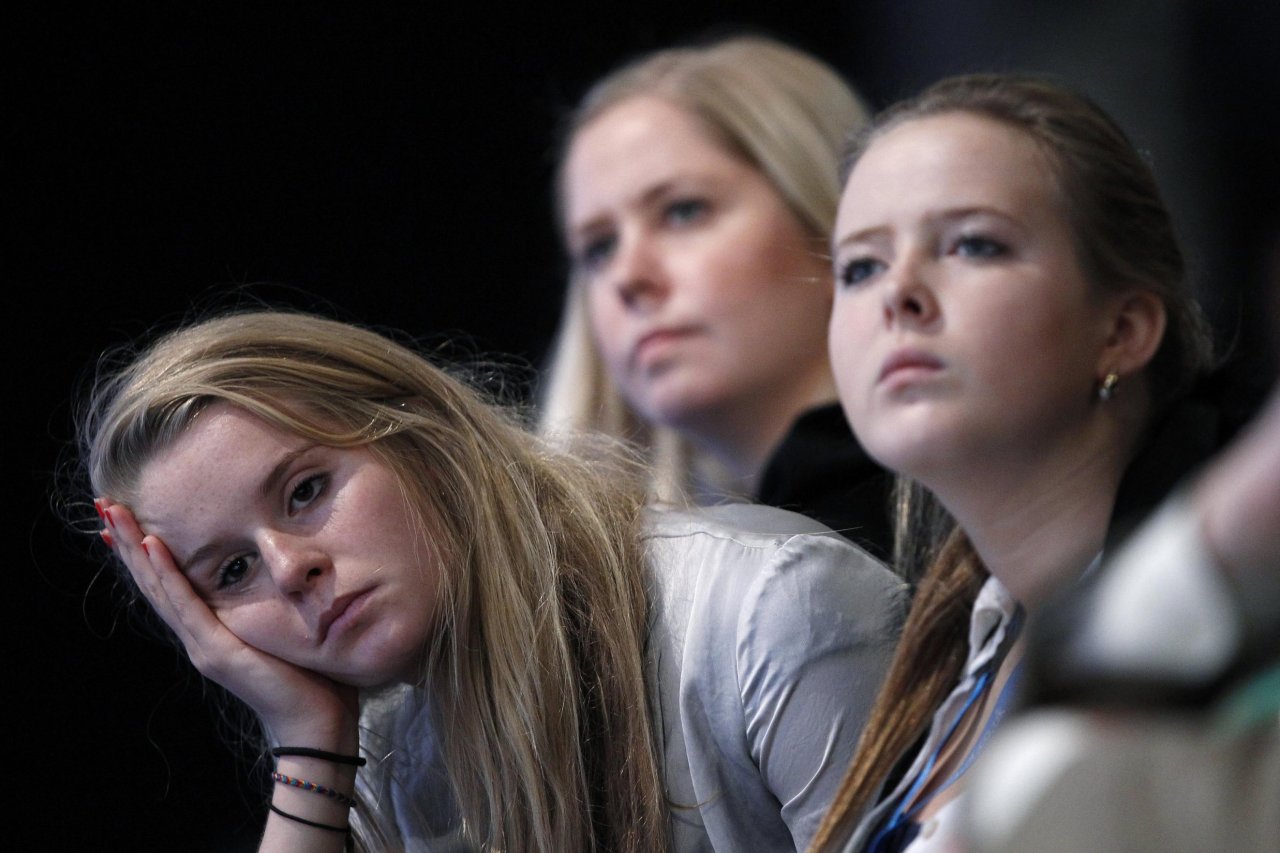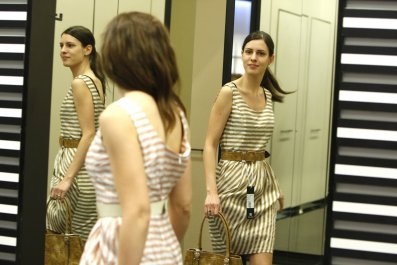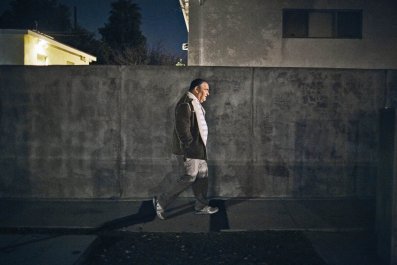When was the last time you were truly bored? Bored with no end in sight, bored in the way you imagine prisoners in solitary confinement are bored. So bored your mind churns through every chore you have to complete, every aspiration you have yet to accomplish, every fear and every dread, every flaw in your character. A boredom that so surpasses the old cliche of DMV-visit boredom, of Southern California freeway traffic jam boredom, of calculus class boredom, a boredom so far beyond transatlantic-flight-in-1993-with-only-Single-White-Female-to-watch-on-the-television-suspended-from-the-ceiling boredom that it becomes a physical force, a thrumming white heat that hollows out your insides. That kind of boredom.
Here's the thing: If you have an iPhone, you never have to feel that sort of boredom ever again. In fact, if you are a millennial, it is possible you have never truly known this dreaded psychic force, which is equal parts soul-crushing and soul-emptying. You have never felt the despair, maybe, of your mind facing the smooth wall of nothingness: What will I think of next? If you do find yourself mired at the notorious DMV, you can play Angry Birds or, if you're of a more sober constitution, blast through the myriad #longreads on your Instapaper account. On an interminable flight, you can binge on whatever entertainment you've uploaded to your iPad. You do not have to occupy yourself with your own thoughts.
Maybe that's a bad thing, argues "Bored and Brilliant," a deeply intelligent and perfectly germane feature from WNYC program New Tech City. Maybe boredom is cleansing, a mental colonic that allows for creativity and reflection. Maybe boredom is not a lack of purpose, but the absence of distraction.
"If you're like me," writes New Tech City host Manoush Zomorodi on the show's website, "you've traded in daydreaming and mind-wandering for swiping, texting and connecting small pieces of candy." In a broadcast titled "The Case for Boredom," which foreshadowed the week of boredom-inducing challenges that began on February 2 (but which, thanks to the iPhone, can be undertaken whenever you like), she summoned personal anecdotes and social research findings to argue that we suffer from a collective digital obsession that deprives us of the mundane, the un-pixelated, unmediated real. Rarely has a conversation about boredom been less boring. I found it more thrilling than Serial because, frankly, it was of more universal import. More recent episodes of New Tech City have continued to make the same case, with just the right doses of levity and insight.

While New Tech City has been diving into boredom's depths for much of January, "Bored And Brilliant" began in earnest on February 2, with a week of challenges conducted by listeners with the apps Moment (for iOs) and BreakFree (Android), which track daily smartphone usage. The purpose is unabashedly activist: to make listeners aware of how deeply they have come to rely on their smartphones and how superficial that reliance is. To attenuate that usage by asking people to become more aware of it. I mean, who really needs to check her Twitter feed 52 times a day? Of course, many of us (myself included) have been listening to "Bored and Brilliant" via the WNYC app, while texts and emails disrupt with their rings and dings.
The first challenge, which appeared in my email inbox on Monday morning, was simple enough: "As you move from place to place, keep your phone in your pocket. Or better yet, in your bag…while you're boarding the train, walking down the street, or sitting in the passenger seat of a car, we're asking you to look at your phone only when you have reached your destination."
"You can do it," the email encourages, in the voice of a therapist or a life coach. You can go 10 minutes without a feline listicle. Maybe even 20 minutes.
Zomorodi has made it clear she is not interested in the cheap mindfulness peddled by the likes of Arianna Huffington, an above-the-fray attitude that only the wealthy can afford. Nor is she a Luddite who thinks we should all go back to using rotary phones and reading printed books. "I don't think swearing off our devices is the solution," she recently wrote on Quartz. "My smartphone is the reason I can work full-time and see my kids." But it is also the reason many of us find ourselves so harried on a daily basis. Harried, mind you, by trivialities: slideshows of '90s celebrities and fleeting hashtag outrages. These, we can do without. Maybe we can even learn to leave our phones at home once in a while. We won't get lost without them. Or maybe we will get lost—and love it.
Several months ago, a Kickstarter campaign began for a device called the NoPhone, "a technology-free alternative to constant hand-to-phone contact that allows you to stay connected with the real world." In other words, a slab of plastic that resembles an iPhone in shape and feel, but has no actual function whatsoever. Some speculated that the NoPhone was a joke, others that it was an earnest response to our digital addiction. Whatever the case, donors responded. The makers of the NoPhone had asked for $5,000. They got $18,000 instead.






















